The word “eczema” has two meanings. It can mean either of the following:
A group of conditions that causes inflamed, irritated, and often itchy skin.
Any one of the conditions within this group, such as atopic dermatitis, contact dermatitis, or stasis dermatitis.
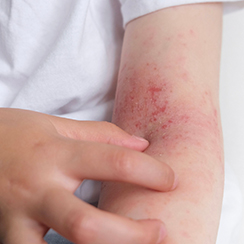
Finding out what irritates the skin or causes an allergic reaction
Treating the itchy skin and rash caused by contact dermatitis
Helping their patients avoid what causes the contact dermatitis
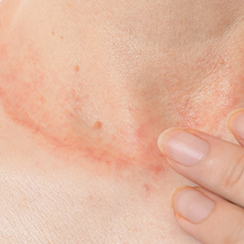
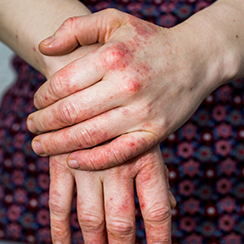
Examine the itchy patches of skin: This allows your dermatologist to look for signs of neurodermatitis.
Ask you questions: It’s important for your dermatologist to have some information about you, including when the itch began, whether the area itches all the time or the itch comes and goes, and what you do to relieve the itch.
Take a swab (if the skin looks infected): This helps tell your dermatologist if you have an infection, so you can receive the right treatment.
Perform (or refer you for) allergy testing: If your dermatologist thinks the itch could be due to an allergic reaction, this can help find what you’re allergic to.
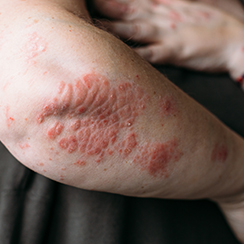
Develop on extremely dry skin
Appear after an injury like a cut, bug bite, or scrape
Be more common in people who already have one of these eczemas: atopic dermatitis, stasis dermatitis, or contact dermatitis
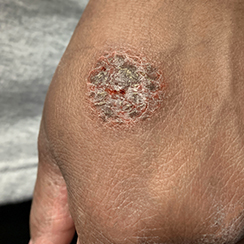
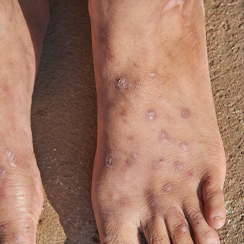
Contacts Tieman Dermatology for an appointment for any rashes or bumps that concern you. We'll diagnose the condition and start a treatment plan right away.